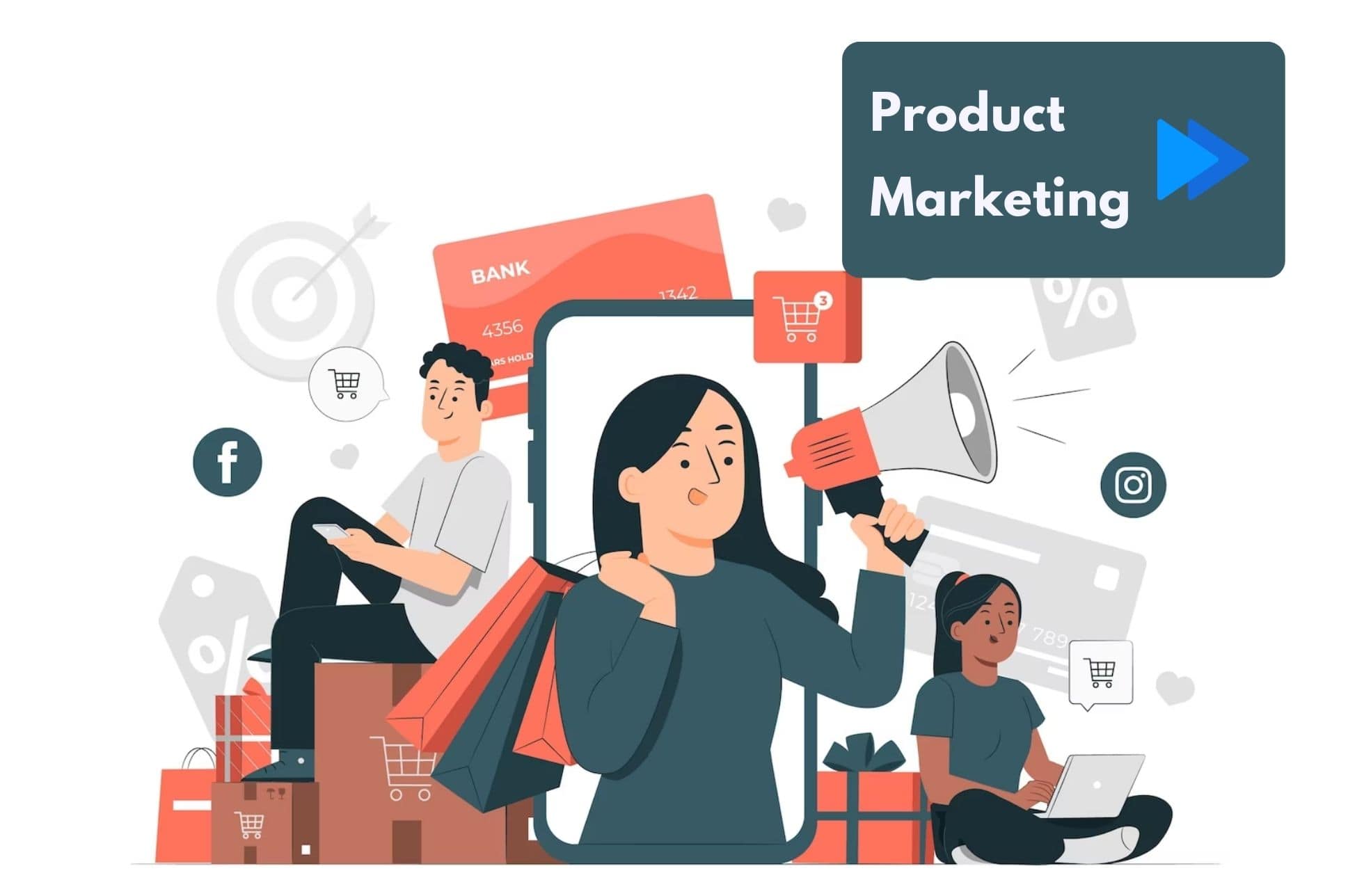Did you know that 8 out of 10 startups and midsize companies (81%) use at least one social network, according to LinkedIn data?
However, on Facebook, Twitter and other platforms you can see countless bad practices on the part of brands. Still, do not know what not to do in social networks for businesses?
Although Starbucks, Apple, Adidas, and other well-known brands have a good track record in social networks, not all companies are doing well in these channels.
Proof of this is a study by Brandwatch: 96% of users who talk about brands on the Internet do not follow their profiles on social networks.
This shows that there is no real interest with most companies within the ‘ecosystem’ of social networks.
What’s the problem? Make some of the biggest mistakes in social networks for companies. For example, forgetting about customer service and their interests, abusing the corporate tone instead of humanizing their brands or not responding correctly to negative comments. Do you want to know in depth these and other failures?
7 mistakes not to make in social networks for companies
Using the wrong community manager
Today, brands have at their disposal the figure of the community manager, a professional with a wide range of skills.
However, certain brands have made the mistake of entrusting their social networks to an insider.
But knowing how to use Facebook and Twitter and being familiar with the company’s philosophy is not enough to take on this role. This position requires the presence of a specialist in this field, with demonstrable experience.
In the same vein, another unforgivable failure would be to over-rotate those responsible for social channels. If the company has a presence in multiple platforms, it seems logical that each social network is managed by a different professional.
To use 2-3 for the same social network is a serious mistake. Why? Because it will weaken the uniformity in the tone it seeks in social networks, also give rise to mistakes by lack of coordination.
Not knowing how to deal with negative comments
In the midst of a corporate crisis, social media brands become piñatas: everyone wants to stir them up. Even the big ecommerces of the market have been involved in some kind of crisis.
But they have managed to deal with the negative comments until the users apologized for the mistake or were appeased by the company’s mea culpa.
The immediacy of Twitter and Facebook are ideal to combat this type of situation.
Focus on building relationships, not selling products
Trying to close sales is another practice not to do in social networks for companies.
Although Facebook allows you to create a store on its platform and Pinterest includes a shopping cart function, ecommerces should not fall into this error.
Social networks are meant to socialize, not to sell products. They should strive to establish relationships, identify trends, increase brand awareness and solve customer problems.
To sell products there are already other more suitable channels, right?
Abusing the corporate tone
It has been mentioned once and a thousand times that social networks are not sales channels: they are channels for socializing.
Another mistake in social networks for companies is to use the same corporate tone of their television commercials or radio spots.
Once again, we will remember that users do not connect to Facebook or Twitter to be bombarded by advertising.
Nor should one fall into the error of using a too colloquial and vulgar tone on social networks. There are many examples of brands that receive criticism in this regard.
Ignoring customer interests
The biggest mistake a company can make is to ignore the needs, interests, and expectations of its consumers.
A maxim within companies says: the customer is first, second and third. The best ecommerces apply this thought in social networks.
Do customers of a clothing ecommerce have ecological concerns? Your community manager will succeed in relating your brand with ecologism.
In this way, it will respond naturally to your interests, without losing sight of the brand it represents.
Forget about customer service
Believe it or not, 8 out of 10 consumers (78%) who complain about a company on Twitter expect a response within 60 minutes. This data from Lithium proves two things:
● That customers are just as demanding inside and outside of social networks.
● That platforms such as Twitter and Facebook are excellent customer service channels.
Indeed, the messaging systems of these and other social networks have proven to be perfect for helping the customer.
Responding to product inquiries, clarifying doubts about offers and promotions, resolving corporate crises, etc. Social networks are ideal for customer service!
Focusing too much on your own brand
Yes, we do: Amazon, eBay and other brands spend 90% of their time talking about themselves on social networks. But this is not an example to follow, especially for emerging companies.
Companies in social networks will succeed in making tweets and publications not directly related to their products or their company.
After all, social networks are… social networks. No one connects to Twitter to read the word games McDonald’s makes with its McFlurry, BigMac, and other products.
An excellent way to diversify publications is to mention influencers from the same niche market. Blogger, youtubers, gamers, etc.
Any of them is valid, as long as you have a good reputation, accumulate a respectable number of followers and keep relation with our industry.
Is it clear to you what not to do in social networks for companies? Actually, avoiding these bad practices is common sense. Facebook, Twitter and Instagram should be channels for socializing, building relationships with customers and helping them.
Selling within this ‘ecosystem’ should be a secondary objective.




